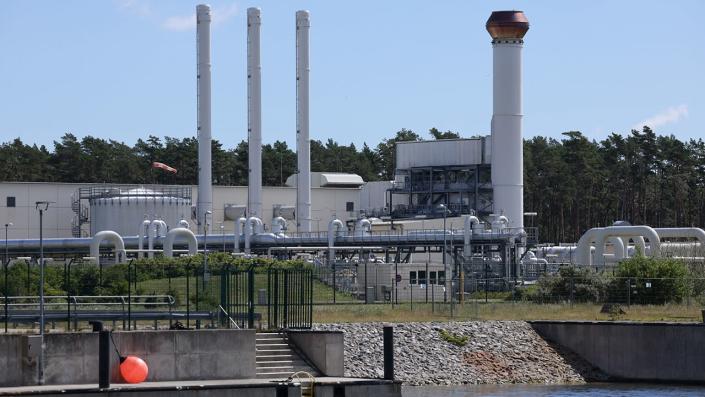Iran has tried to coax Europe and the U.S. into backing a nuclear deal, which would provide a financial windfall to the country’s weakened economy with promises of oil despite experts warning it would take years for any benefits to materialize.
“Recent Iranian statements reveal an attempt to tempt Europe with Iranian energy exports in the face of Putin’s energy politics,” Behnam Ben Taleblu, a senior fellow and Iran expert at the Foundation for Defense of Democracies, told Fox News Digital.
“The Islamic Republic is trying to paint itself as a potential savior to Europe’s energy problems, no matter the facts of the case.”
Iranian Oil Minister Javad Owji said the country was ready to supply oil and gas to the global market to help “improve energy security in the world,” Iranian news agency Tasnim reported
IRAN NUCLEAR DEAL FLOUNDERS AGAIN, BLINKEN SAYS TEHRAN RESPONSES ‘TAKES US BACKWARDS’
“From the viewpoint of technical and practical issues, the joint technical committee of OPEC+ in its base scenario has predicted that the excess supply to global demand for oil in 2022 will be 400,000 barrels per day, which is about 600,000 barrels per day less than the previous month’s forecast,” Owji said at a meeting Monday.
“The current situation requires a lot of careful consideration,” he said, adding that “the global energy market needs to increase the supply of oil and natural gas from Iran.”
Iran’s state-backed Mehr news agency proclaimed that “winter is coming” for European nations as Russia continues to exploit its energy supplies as retaliation against economic sanctions imposed as a result of the invasion of Ukraine.
Russian-controlled gas company Gazprom announced last week that it would close its Nord Stream 1 pipeline due to “oil leaks,” which will send gas prices in Europe through the roof. It will also give Iran an opening to try and shift the momentum in discussions regarding a nuclear deal. Owji noted some gas companies are asking for $70 per million BTU, or roughly $400 per barrel.
“Although the Europeans are trying to compensate for the lack of energy and reduce the severity of the crisis with some decisions in the field of energy policies, the stable and reliable supply of energy sources, specifically oil and gas, especially as the fall and winter seasons approach, is a necessity for European consumers,” the Iranian oil minister said.
Talks between the U.S. and Iran to revive the Joint Comprehensive Plan of Action (JCPOA), also known as the Iran nuclear deal, stalled this week as U.S. State Secretary Antony Blinken claimed Iran’s latest responses have taken the talks “backward” and the U.S. refused to “agree to a deal that doesn’t meet our bottom-line requirements.”
The deal would provide Iran with immediate funds that could help alleviate its economic trouble incurred by sanctions over the past few years as part of former President Donald Trump’s “maximum pressure” campaign after pulling out of the original Iran nuclear deal.
Any attempt to use Iran’s oil to alleviate current energy hardships would be a bit of an illusion since Tehran has built up supplies but not invested at all in infrastructure.
“While Iran has been pumping and storing oil while under sanctions, it conversely has no infrastructure to transport its natural gas to Europe, which currently does not go past the Caucuses and Anatolia,” Taleblu explained. “More worrisome is the gradual interest shown by the Biden administration in the JCPOA as a potential oil deal rather than a counter-proliferation deal.
“Framing that impending submission as a way to keep oil prices down is a slap in the face to Americans and American foreign policy, not a solution to high oil prices.”
The World Bank reported that Iran has continued to gradually recover this year, thanks to higher oil and tax revenues, with growth projected to “remain modest in the medium term.”




